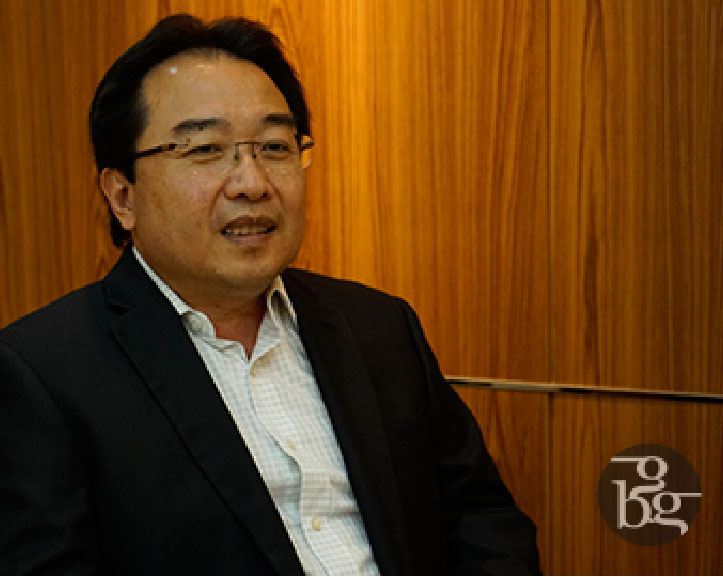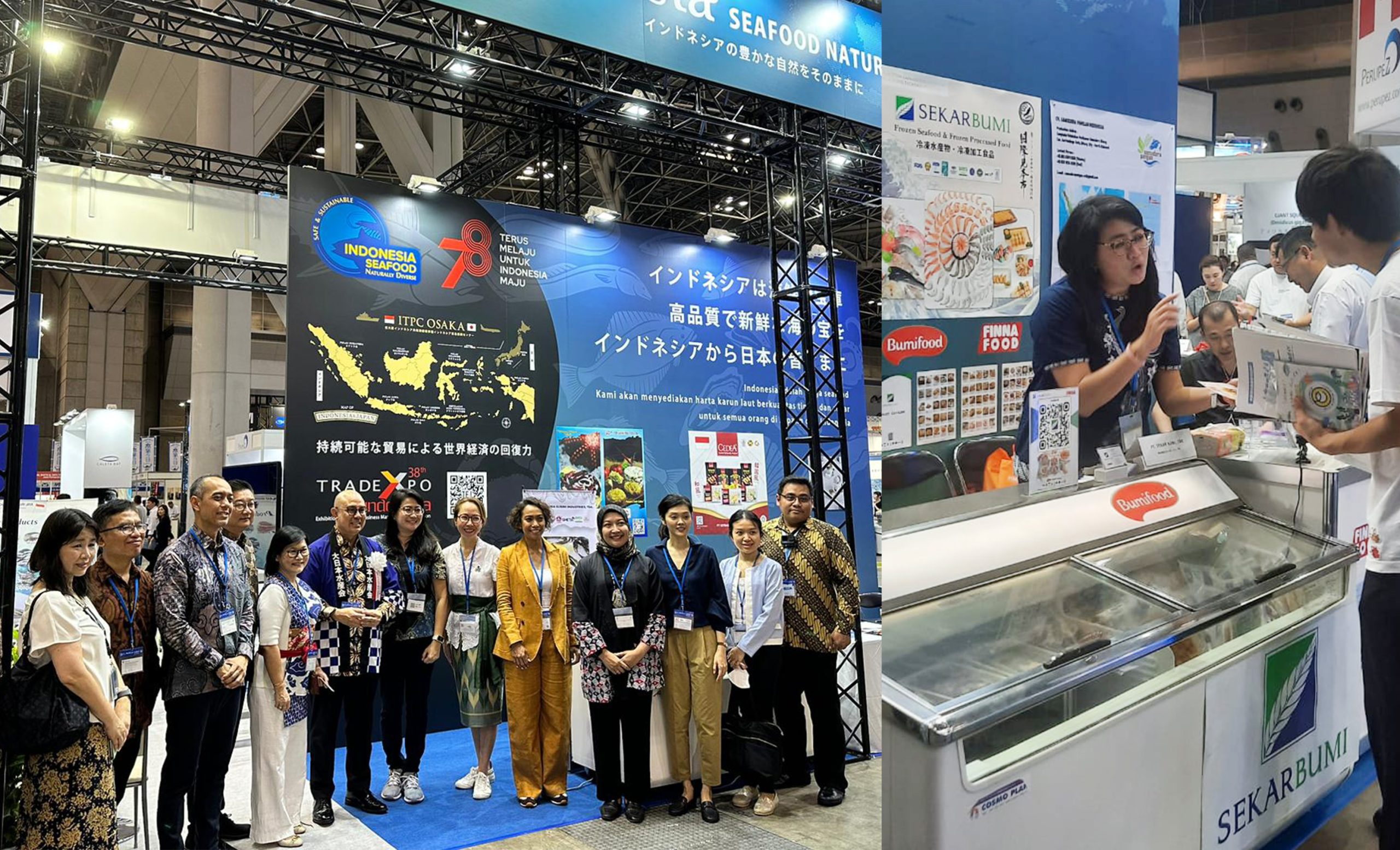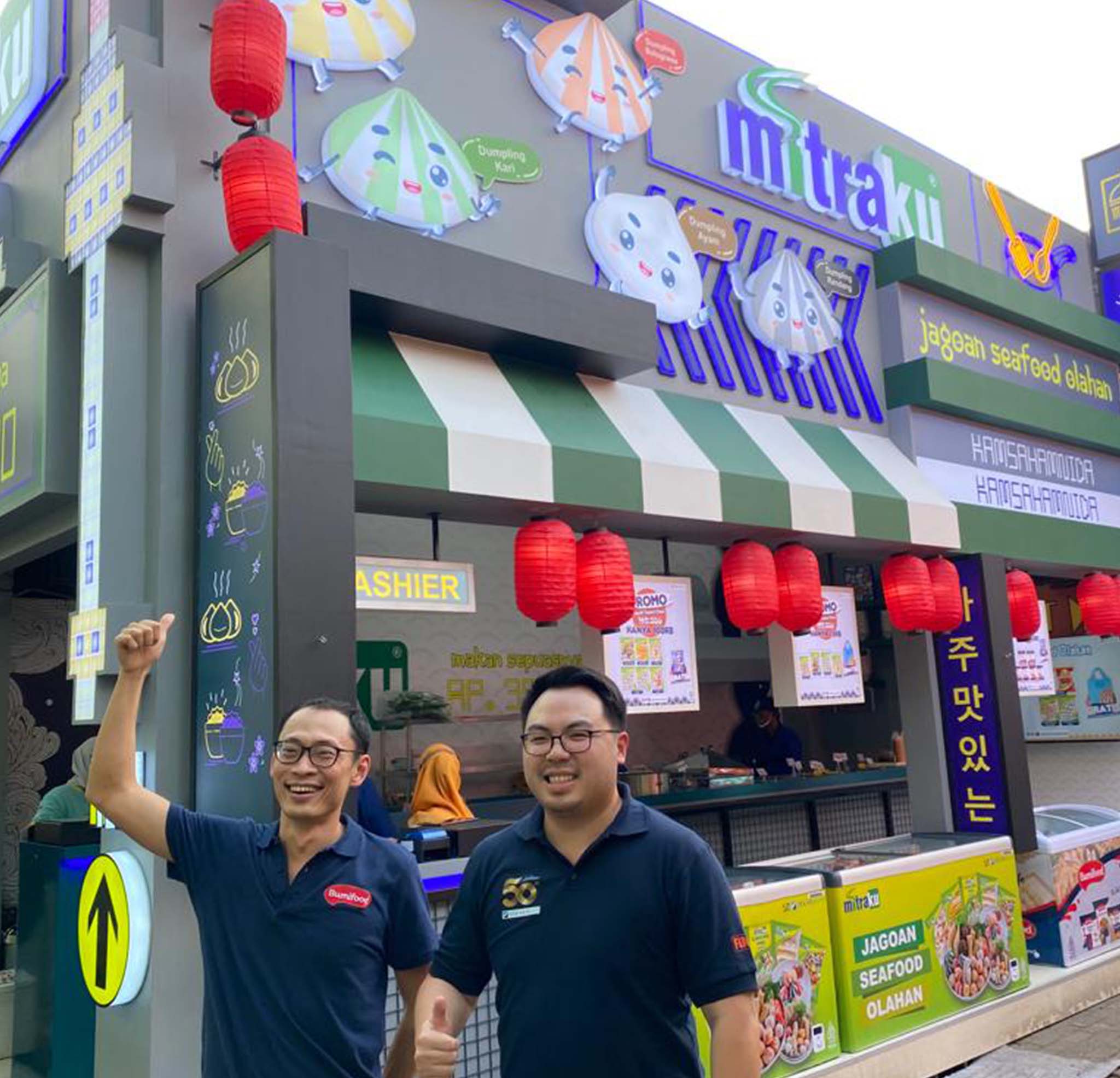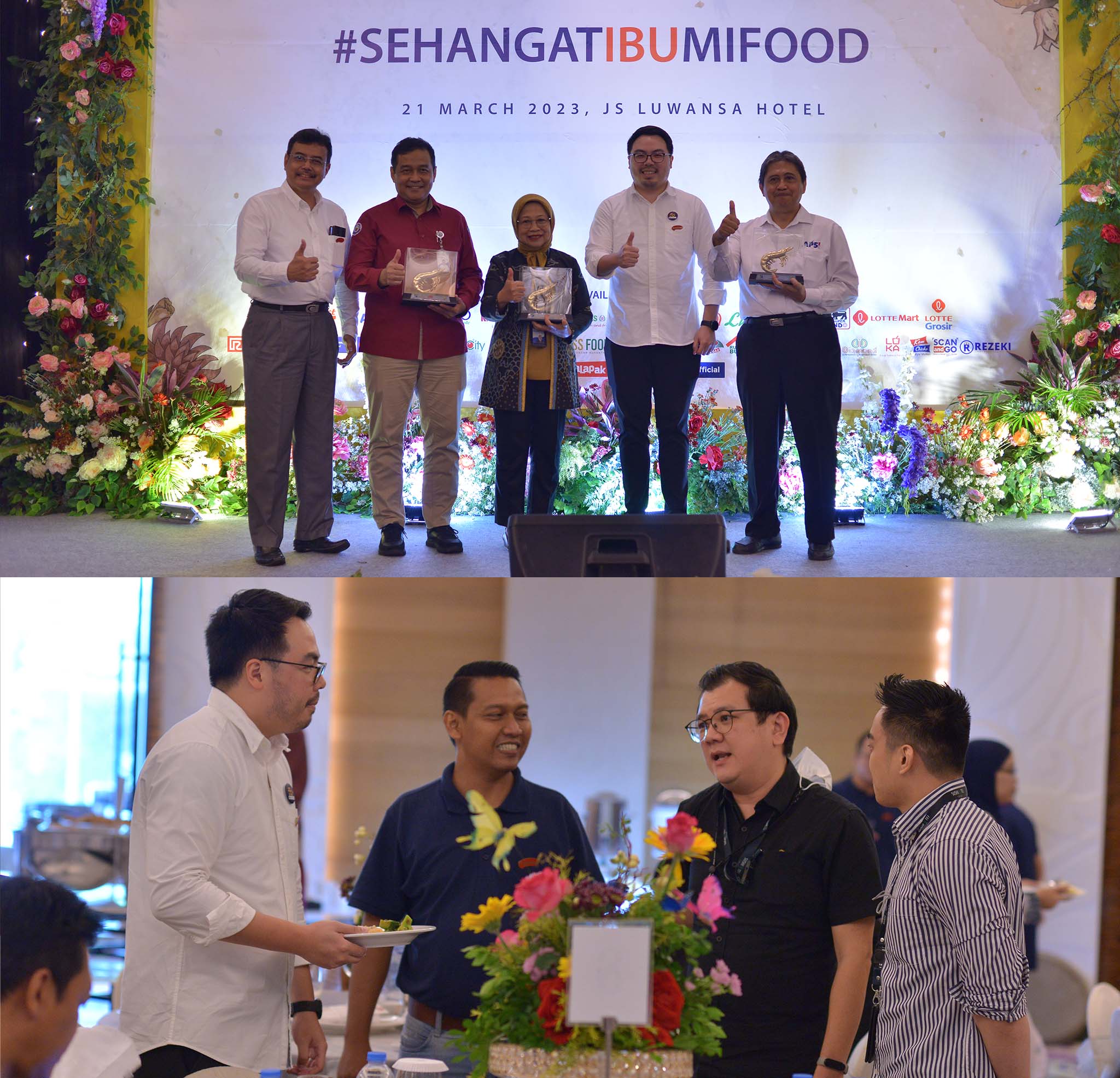Japan International Seafood and Technology Expo 2023 Sekar Bumi joined Japan International Seafood & Technology Expo 2023 exhibition which was held in …
Interview with Global Business Guide Indonesia.

“The country has the second longest coastline in the world and thus has immense potential for fishery farming.”
Sekar Bumi Tbk is a leading player in Indonesia’s frozen food industry specialising in shrimps, fish and other frozen processed food. What can you tell us about your company’s history and its main strategies going forward?
Sekar Group was founded by my eldest brother, Mr Harry Susilo, back in 1966. He started this business with a focus on shrimp chips and was approached by a Japanese company looking for local fish products. Upon working with this company, our group made the decision to begin offering shrimps in addition to shrimp chips and this is how we came to become a leader in this field. The lack of cold storage facilities in Indonesia in the 1960s meant that the best way to transport our products was via plane. It was through this method that we exported to Hong Kong, where our products were processed before being sent to Japan. In 1973, Sekar Bumi was established as we set up our own factory and were able to begin diversifying further into frozen food products.
The potential for frozen food products in Indonesia is huge; whereas the dry food industry already has a number of big players the same is not true for frozen food. This is because past shortcomings in infrastructure such as frozen counters in supermarkets and refrigerators in houses discouraged businesses from entering. Indonesia’s economic growth and rising incomes mean that this has now changed and the market for our products continues to grow. Our strategy going forward is therefore focused on tapping into local opportunities to meet rising demand. This will involve investing in new cold storage processing and logistics facilities in locations across the country.
To date, Sekar Bumi has also already enjoyed success in penetrating overseas markets and stands as an internationally certified producer having attained the USFDA Green Ticket that exempts our products from detention prior to entering the US market, as well as BRC certification that allows us to offer products in British retail outlets.
What is your outlook for Indonesia’s frozen seafood industry? Do you see potential for Indonesia to become a production base for these products serving regional and international markets?
Indonesia is blessed with an abundance of natural resources, and this is particularly true for fishery products in that we have substantial sea-caught resources yet to be tapped. The country has the second longest coastline in the world and thus also has immense potential for fishery farming. It has been suggested that Indonesia has 12 million hectares suitable for marine aquaculture but as of right now only fully utilizes 117,000 hectares.
The regional leader for shrimp farming, Thailand, actually has less space to carry out this type of activity relative to Indonesia and is in my opinion currently struggling with issues such as diseases caused by farms concentrated in one area. Indonesia has the advantage of multiple islands that could serve as shrimp farm locations and this would minimise risks of disease and bacteria spreading. The seafood industry also benefits from Indonesia’s competitive advantages such as a tropical climate which means that our production in shrimp farms is not interrupted by winter, unlike those in countries such as China.
Given the context of these advantages, our outlook for the future of the frozen seafood industry is positive. With that said, Indonesia is now still learning to offer more value added products. Companies like ours have been active in going overseas to learn from international companies to gain know-how and catch up on the global stage.
How does your company plan to pursue value added production as one of your priorities for the future?
Industrialisation in the fishery industry is very important to strengthen and this is already one of the government’s programs. We fully support this initiative and have thus made it a key part of our strategy. We are continuously looking to build upon our technical expertise and it is in this area that we are most open to collaboration with foreign companies. Our company has already formed joint ventures with multiple Japanese partners for the purpose of gaining know-how for techniques such as processing for breaded fish and shrimp. Forging partnerships like this will expedite our ability to move up the value added chain.
In which types of fish and seafood products do you see the most potential for in Indonesia?
It has been our priority to move beyond offering frozen food products such as fillets by using fish meat to produce fish cakes and fish balls. We are primarily looking into avenues to offer new final products as opposed to focusing on a particular type of fish.
What do you think are the immediate measures that should be taken by the new government to spur growth in the industry?
As Chairman of the Supervisory Board at the Fishery Association, I expect that the new government will continue promoting measures to industrialise. From there, it will be necessary to strengthen production by introducing mapping of the production areas. This is crucial for farming locations because it prevents overlap between fishery farms and industrial estates that produce pollution detrimental to fish and shrimp.
To open up opportunities for mainland fishery farms away from the coast, the new government could also take an active role in developing effective irrigation systems.
How is your company positioned towards cooperation with foreign partners and international investors?
Sekar Bumi is a publically listed company and as such has varied needs. We are open to partnerships in the form of financing, but our current priority is identifying strategic investors that can bring more than funds. As previously mentioned, we are most interested in working with partners that can offer know-how, especially as it relates to processing. Partners with a strong distribution network that could facilitate the marketing of our products overseas are also of interest to us.
As a final message, what would you like our readers at GBG Indonesia to remember about Sekar Bumi and Indonesia?
Indonesia offers big opportunities through its access to natural resources, a large work force and a market of huge potential. It is our vision to become the market leader in the frozen food industry renowned for high quality products, and we are open to collaboration with partners with a similar goal. As a pioneer in the industry, we welcome opportunities from overseas, whether in the form of investment, strategic partnerships for know-how and other technical assistance, as well as foreign trade.
Other News
Jakarta Fair 2023 – Mitraku PT Sekar Bumi Tbk through Mitraku brand joined the excitement of Jakarta Fair event in 2023. Other …
Event #SehangatIBUmifood PT Sekar Bumi Tbk through the Bumifood Brand held an event entitled #sehangatIBUmifood. On this occasion, PT Sekarbumi Tbk supports …



